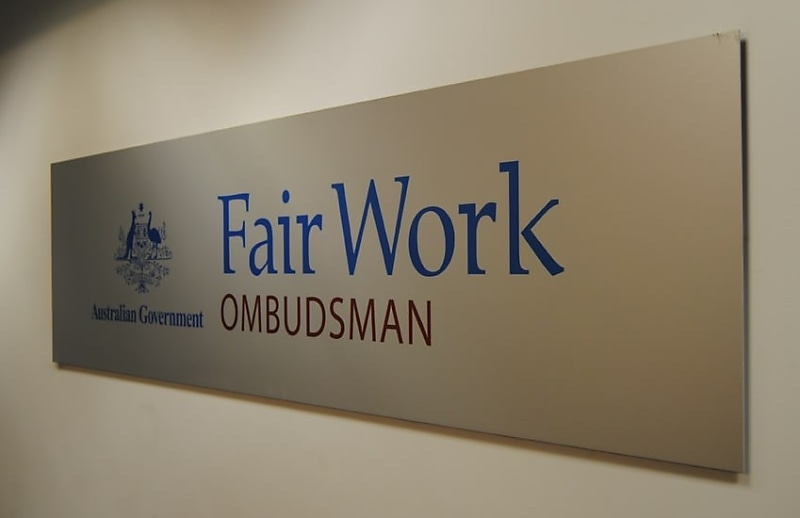FWO forces big business to hand back $473m in unpaid wages
RegulationThe watchdog also secured a record $21.2 million in court-ordered penalties in the past financial year.

The FWO forced businesses to hand back more than $473 million in unpaid wages for 160,000 workers last year by going after some of the country’s biggest employers.
It is the third-highest result ever recorded by the watchdog in its 15-year history and comes on top of a record $21.2 million secured in court-ordered penalties.
Acting Fair Work ombudsman Michael Campbell said the outcomes sent a clear message to employers.
“The Fair Work Ombudsman has created a firmer culture of accountability across workplaces where Australia’s largest employers, like all others, are expected to prioritise compliance,” he said.
“Employers must place a higher priority on ensuring they are meeting their workers’ legal entitlements, and that includes by improving their payroll systems and governance, and investing in advice.”
According to the FWO’s annual report, released this week, more than half of the 2023-24 recoveries came from large corporate sector employers who were forced to pay back more than $333 million to 110,000 staff.
The report said the sector had been a continuing priority area for the FWO’s investigation and enforcement efforts, with $877 million back-paid to workers since July 2020.
The FWO also entered into 15 enforceable undertakings with businesses, which resulted in $30.2 million back-paid to employees and commitments to prevent future compliance issues.
Most of the undertakings involved back-payments from each some of Australia’s best-known employers including Best & Less, Starbucks Coffee Australia, Optus Retailco, Insurance Australia Group Limited, Eagers Automotive Limited and World Vision Australia.
The FWO also detailed its big legal victories such as securing $10.3 million in penalties against the Commonwealth Bank of Australia and CommSec, more than $4 million against popular restaurant chain Din Tai Fung, and more than $1.4 million against bakery franchise 85 Degrees.
Around $8 million of the total penalties imposed in completed court cases related to employers of migrant workers and visa holders, the report said, showing the FWO’s “ongoing focus to protect vulnerable migrant workers”.
“Migrant workers are reminded that they have the same workplace rights as anyone else in Australia. Anyone with concerns about their workplace rights or obligations should contact us for free advice and assistance,” Campbell said.
They were more at risk of workplace exploitation and were overrepresented in FWO complaints, making 4,000 anonymous reports to the watchdog – a quarter of all reports received.
For the year ahead, the report said the FWO would target high risk sectors including aged care services, agriculture, building and construction, disability support services, fast food, restaurants and cafés, large corporates and universities.
“We retain our enduring priorities of assisting small business employers and employees, and vulnerable or ‘at risk’ workers,” Campbell said.
“We will continue to collaborate with employer organisations and unions to educate employers and workers. Workplace law compliance can and should be a shared responsibility of the Australian workplace community.”




